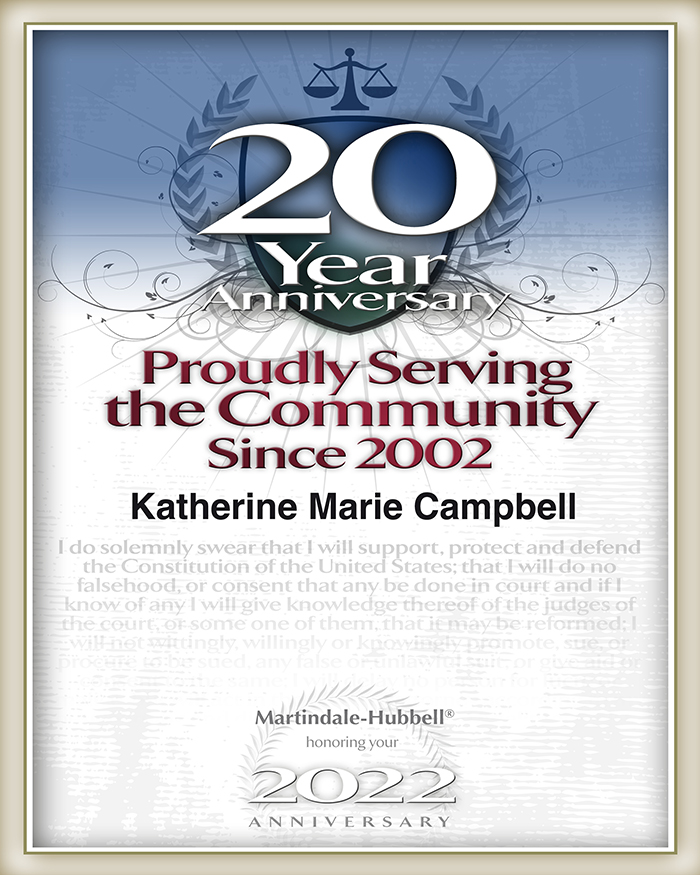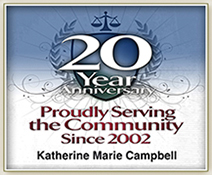Depending on the specific needs of your family we may consult additional professionals to help you.
Accountants can help answer specific tax-related questions or treatment of a particular asset or issue. They can help guide the conversation related to the tax implications a proposed division might have.
Financial Planners can be part of a collaborative divorce team. However, we can engage financial professionals for clients who may be new to managing finances or assets to help educate you or give you specialized information regarding management of a particular asset or asset class. We can also help you find a financial professional with whom you will work post-divorce to help you manage your share of the community property so that you will be confident about your financial future.
Other financial professionals we engage from time to time are loan brokers to help you understand the amount and/or type of loan for which you may qualify to help you investigate options or carry out an agreed-upon division.
Credit professionals can also be engaged to the extent necessary to help you build and strengthen your credit. When one spouse has managed the finances during much of a marriage you may need to invest some time building your own credit history or repairing it.
Actuaries can be used to help provide estimates related to future asset values. These professionals are most frequently used in conjunction with division of retirement plans.
Appraisers can be helpful in a case where you need to establish a precise value for an asset. Most frequently this is the family residence. However, jewelry, coin collections, and artwork are other common assets that get appraised to help establish value prior to division. Businesses also get appraised. The business valuation is a highly specialized investigation into the business’ day-to-day operations, business’ records, how this business fares compared to other similarly situated businesses. Other aspects also relevant are the business’ structure: is it a partnership or a corporation; is it closely or publicly held; is the industry growing or slowing; is it a personal services or manufacturing business; is it cutting edge technology or well-established. These are all aspects relevant to the value of the business.



